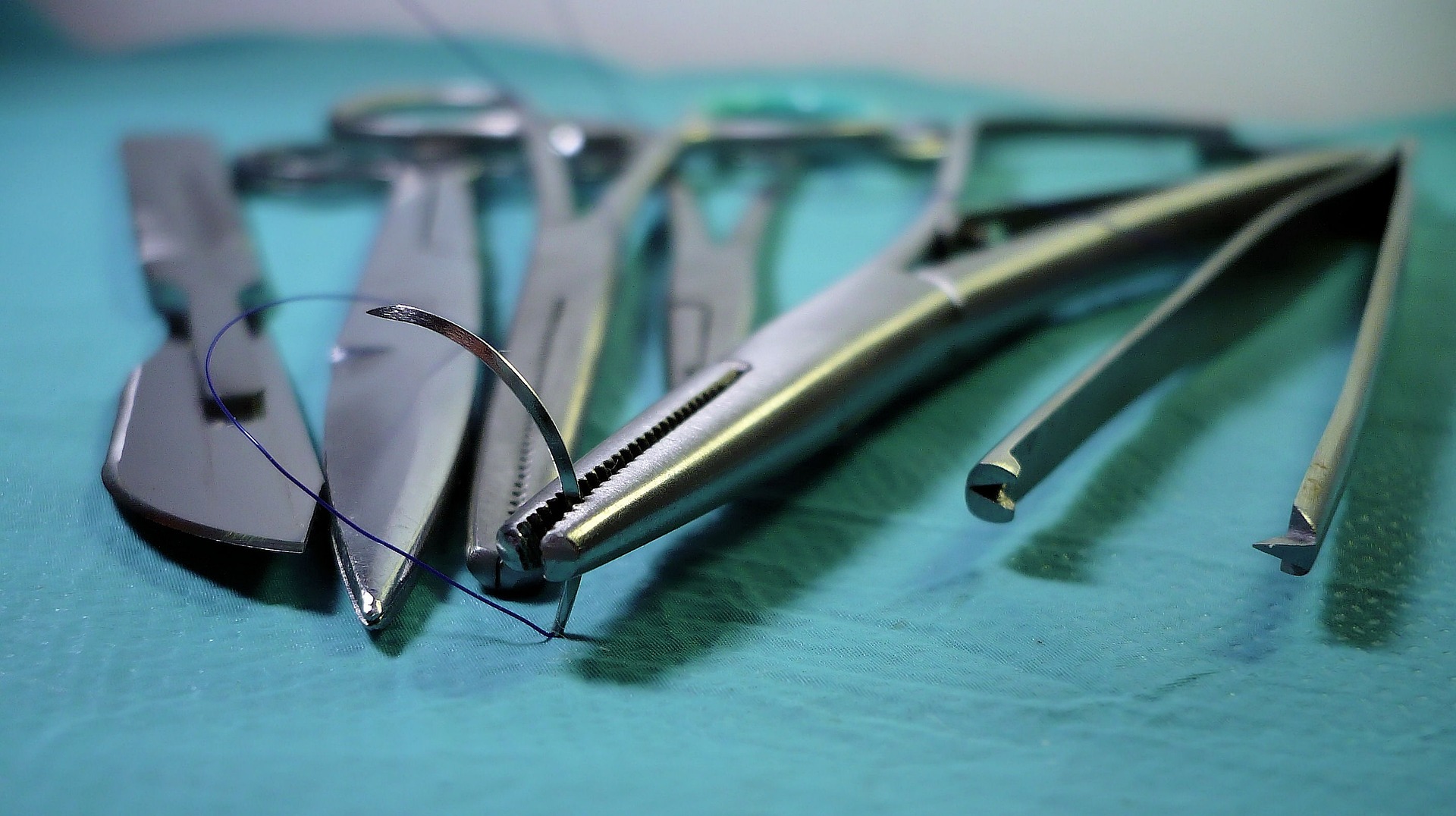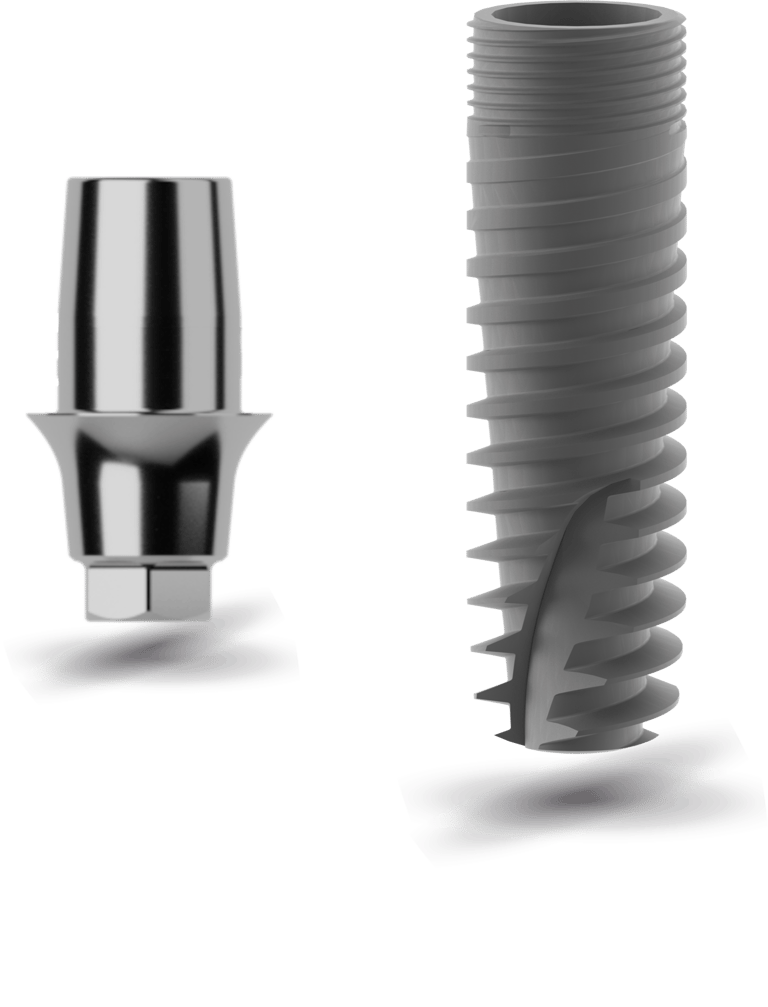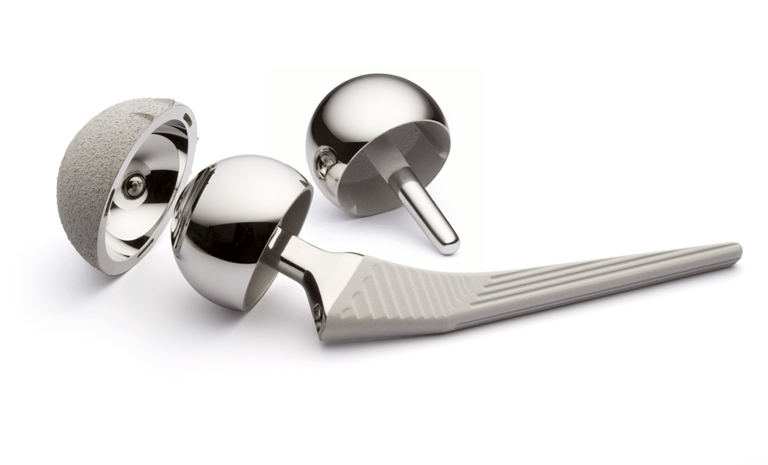
Medical Devices
Improvement with purpose
Implants and surgical instruments must not only meet the highest standards of biocompatibility, but also resist bacterial colonization, corrosion, and mechanical wear. One of the biggest challenges in clinical use is preventing biofilm formation and infections – especially on titanium implants. Traditional coatings can degrade over time, delaminate, or introduce foreign substances into the body.
Our technology addresses these issues directly at the material level. By modifying the original surface through a controlled oxidation process, we create functional nanotopographies that can reduce bacterial adhesion, support tissue integration, and enhance the durability of medical devices. No coatings, no additives – just a stable, functional surface tailored to your application.
Reduced bacterial attachment
Minimizes infection risks by limiting microbial adhesion to the surface.
Full tissue integration
Mechanical stability
Supports seamless bonding between implant and biological tissues.
Enhances long-term durability under clinical stress conditions.


Dental Implants
Dental implants must remain stable in the oral environment while resisting bacterial colonization and plaque accumulation – both of which can lead to complications like peri-implantitis and even implant failure.
With nanostuctured surfaces, bio-inspired structures can reduce bacterial adhesion while promoting tissue integration at the gingiva and bone-level.
Unlike coatings that can degrade over time, our nanostructures are part of the implant surface itself and can be applied on polished, etched or anodized surfaces.
Orthopaedic Implants
From hip and knee replacements to trauma fixation systems – orthopaedic implants are constantly exposed to mechanical stress and the risk of infection.
Nanostructured surfaces can minimize bacterial attachment while enhancing the integration of bone tissue.
Our process creates functional surfaces without introducing foreign materials, making it ideal for long-term use in joint and bone implants.


Surgical Instruments
Surgical instruments must combine high durability with optimal cleanability and hygiene.
Nanostructured surfaces offer tailored roughness profiles that reduce microbial retention while maintaining material strength and even increase corrosion resistance.
Whether for reusable instruments or high-precision tools, we provide durable, functional surface solutions that meet the strict demands of surgical environments.


Looking to improve the performance of your medical device?
We help you develop functional surfaces that meet clinical demands – from reduced bacterial adhesion to improved integration and durability.


